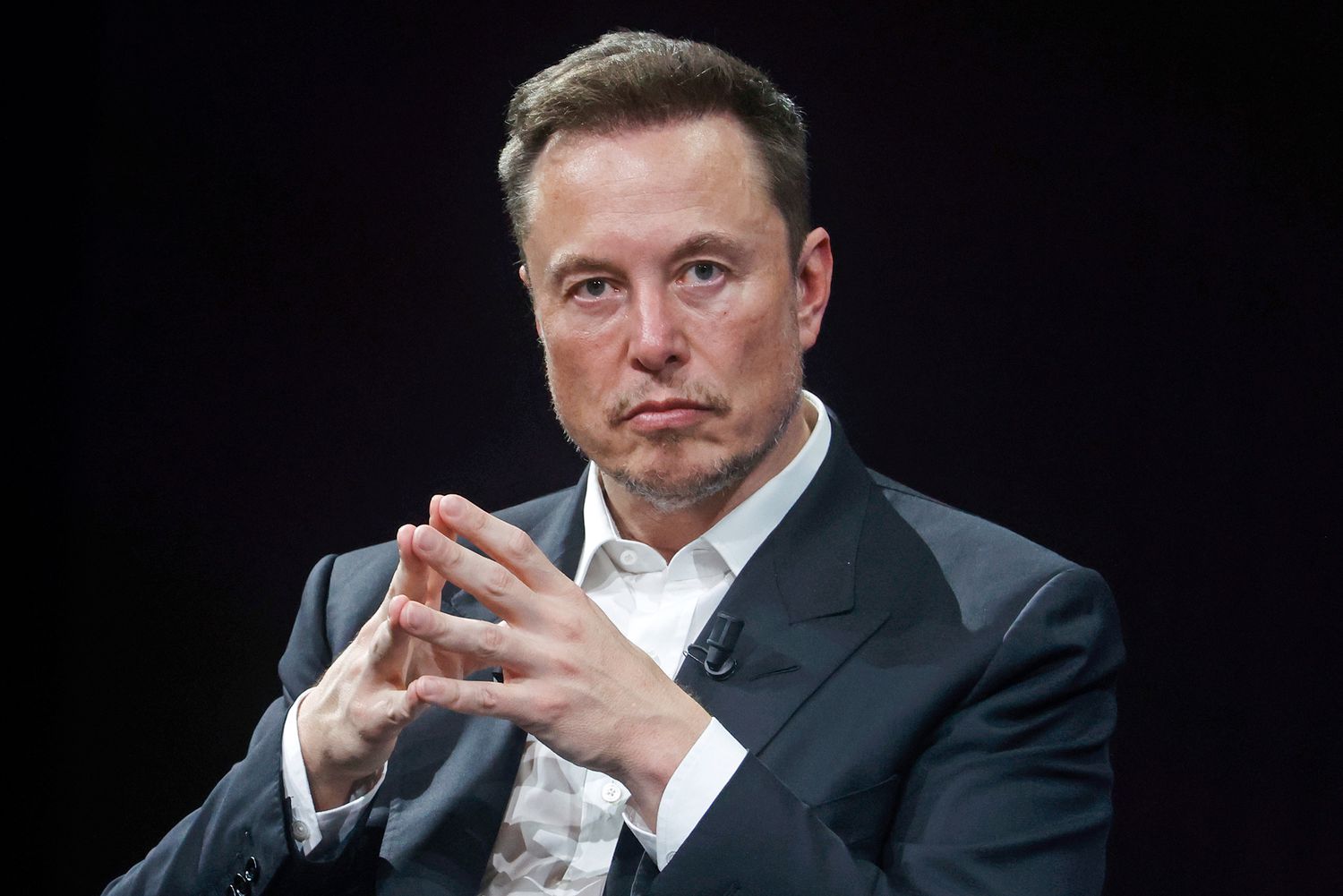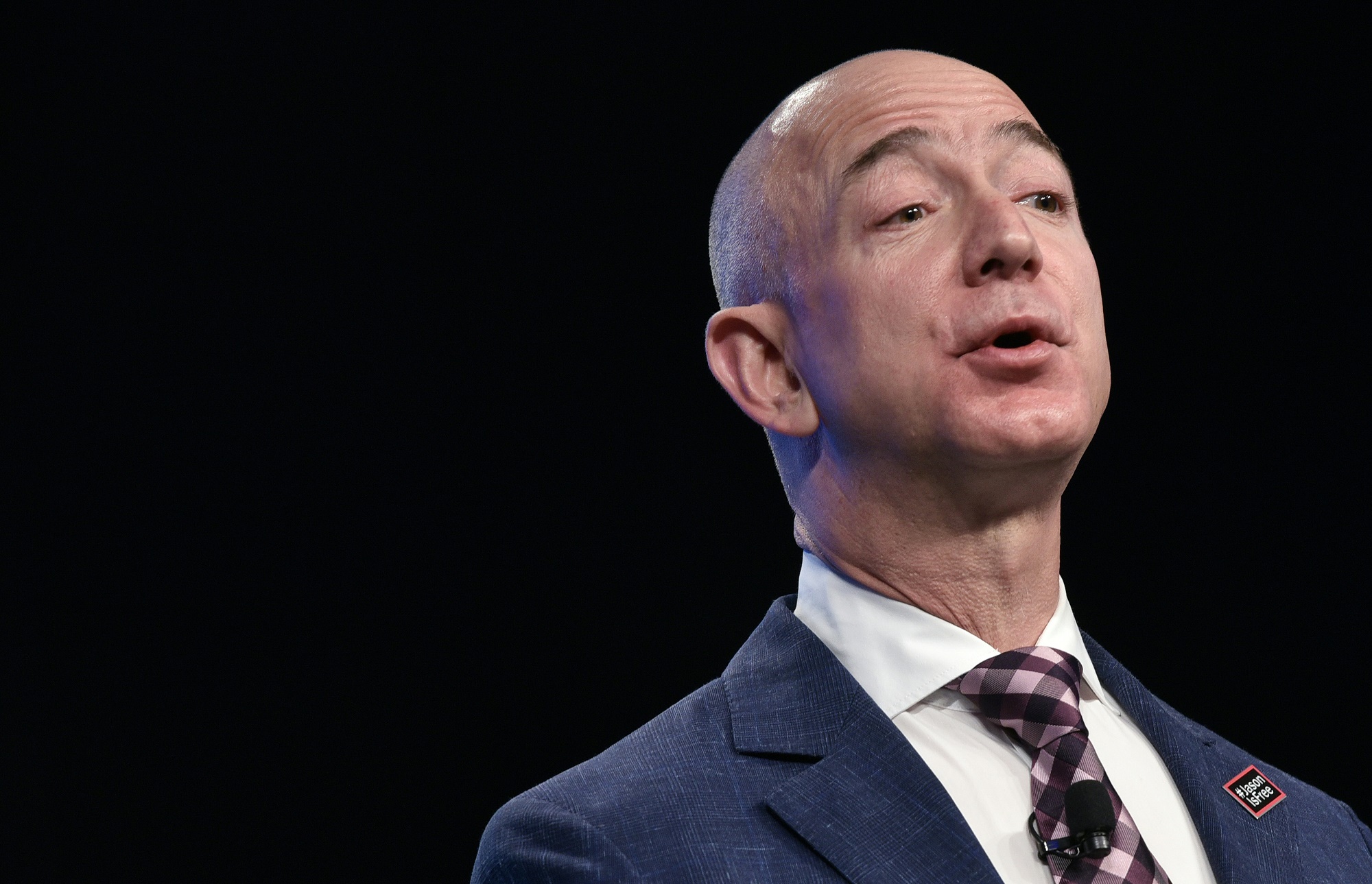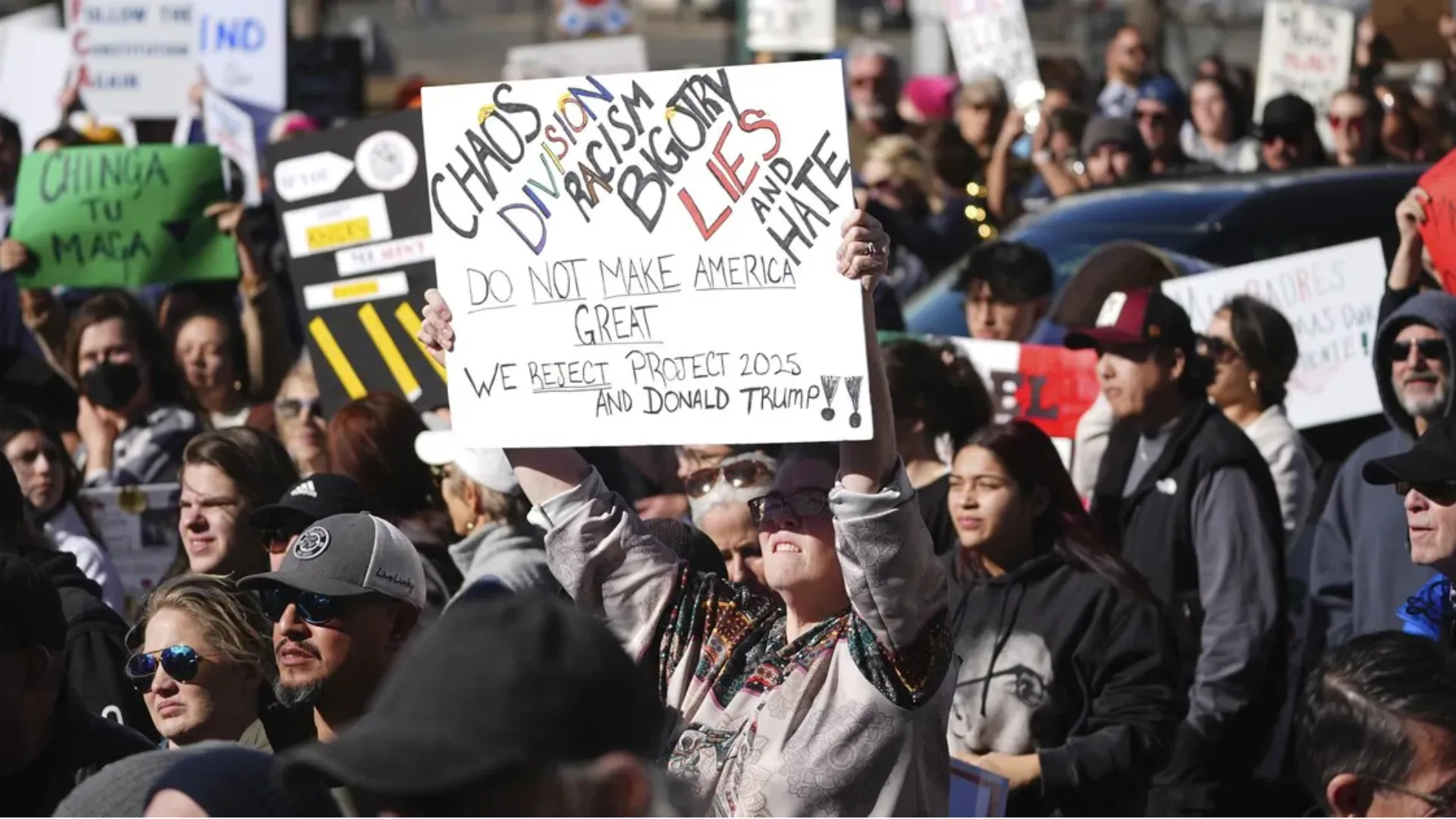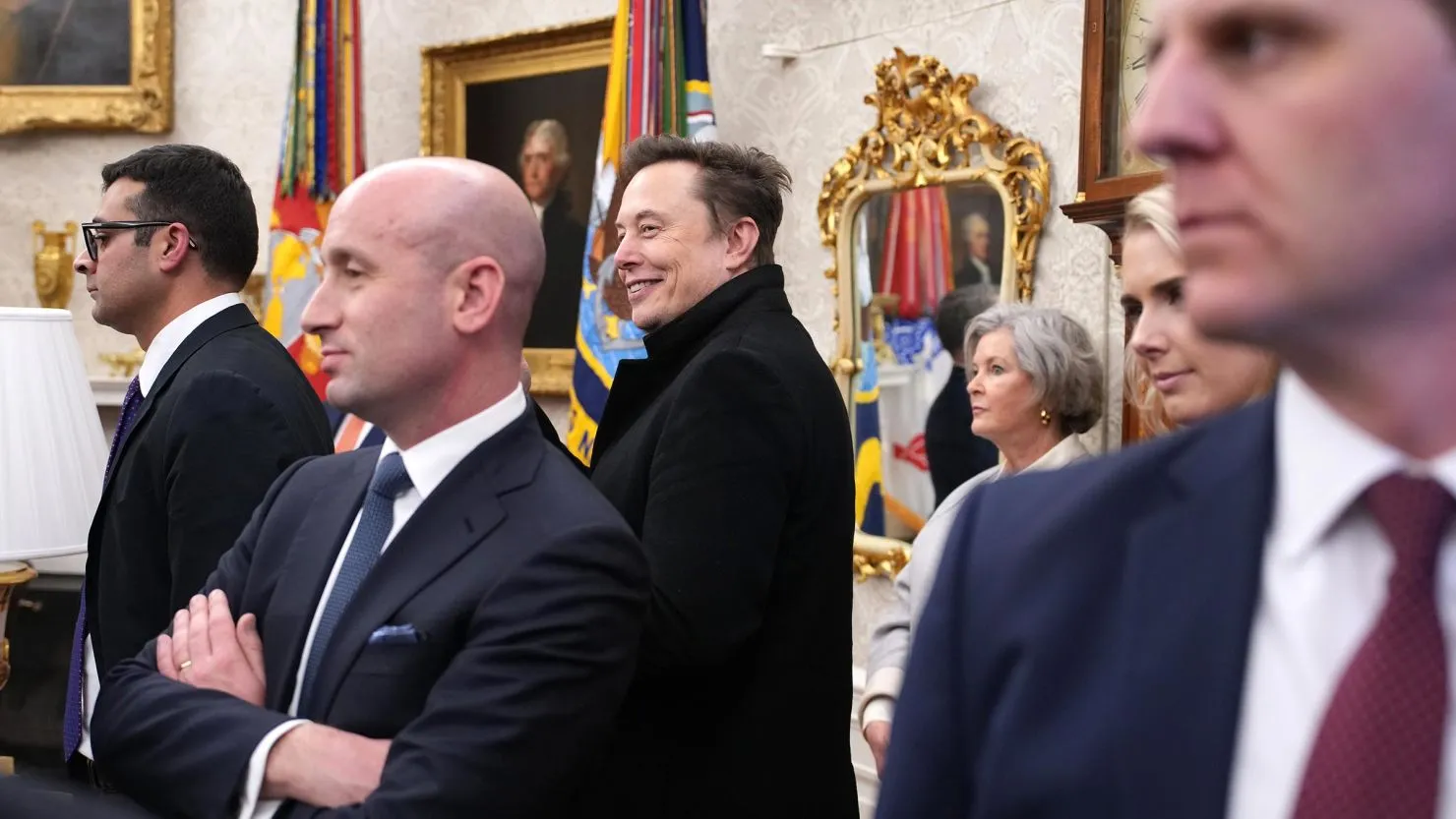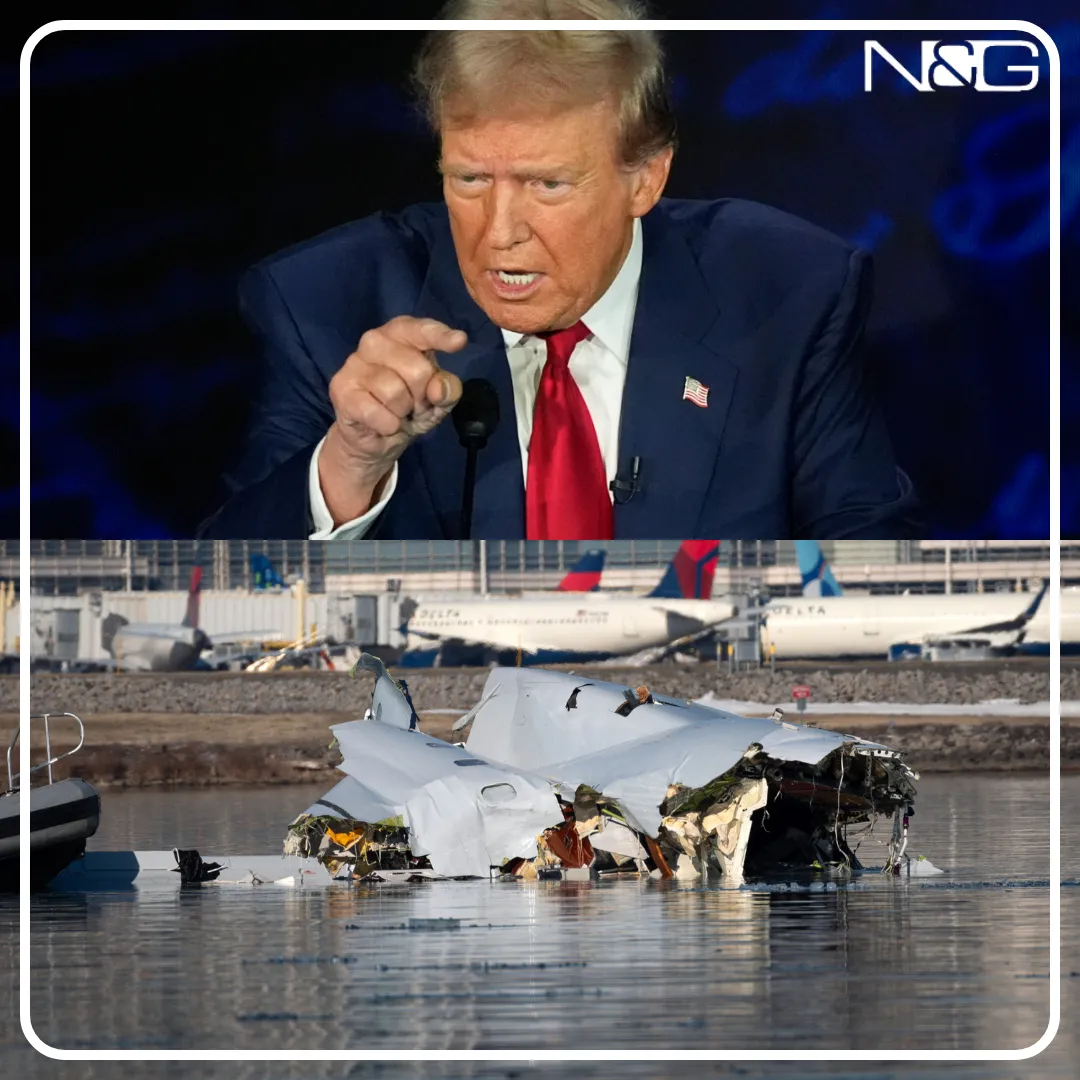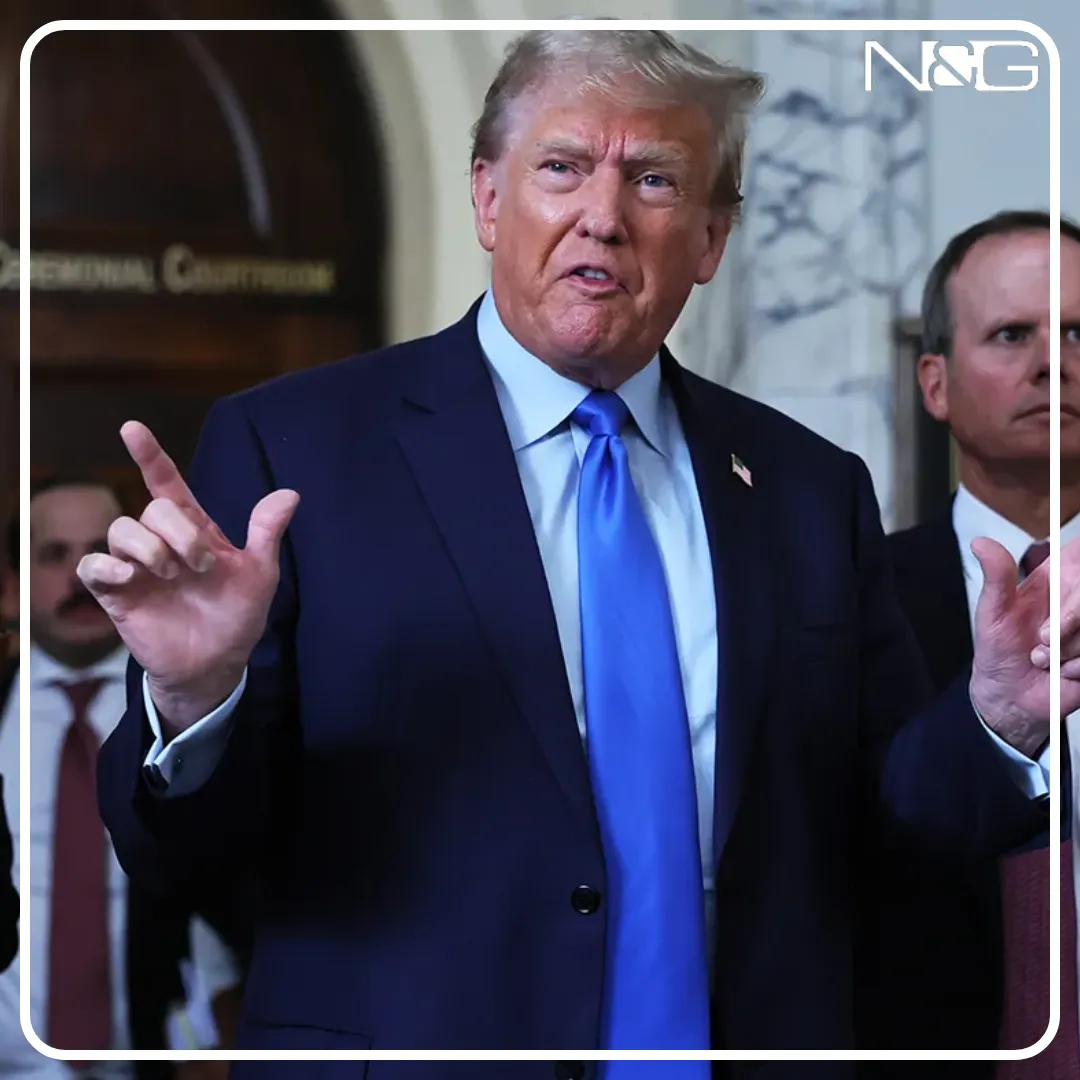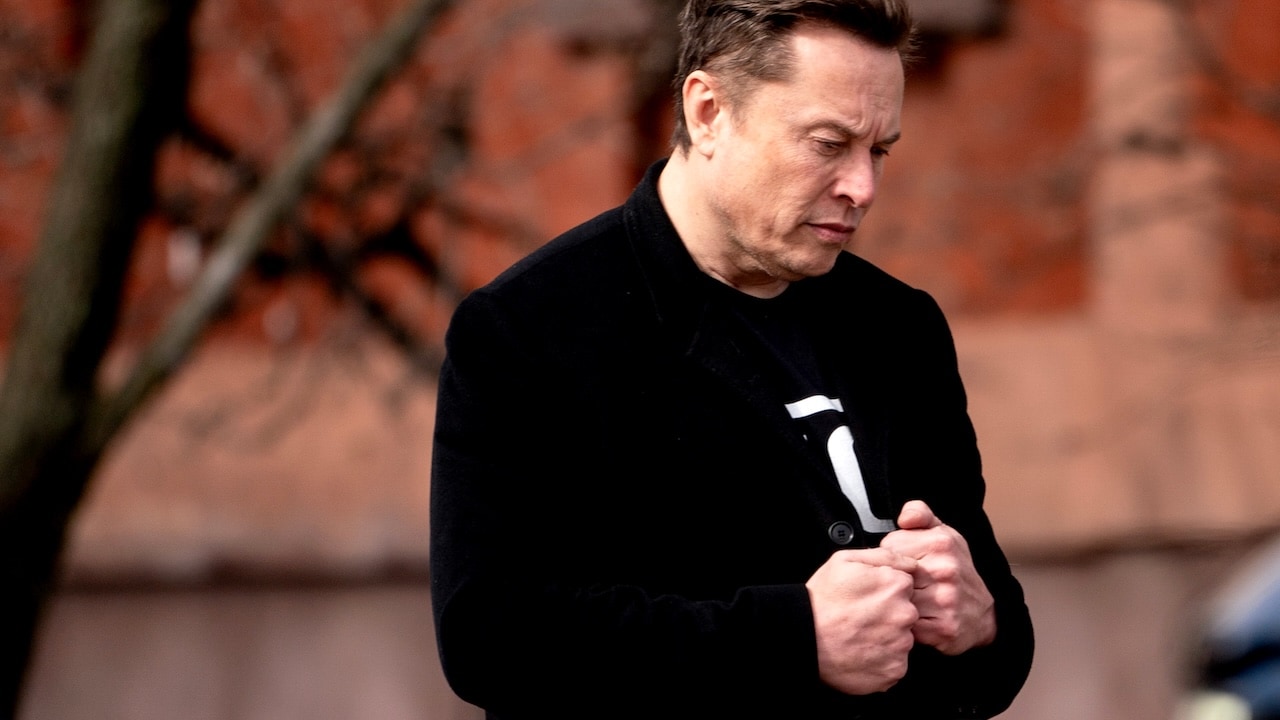
A brutal day on Wall Street has wiped billions from the fortunes of some of America’s wealthiest tech titans — and the fallout may just be getting started.
Elon Musk, the CEO of Tesla and SpaceX and a close ally of President Donald Trump, lost approximately $11 billion in a single day after markets reacted violently to Trump’s newly announced global tariffs. According to Bloomberg’s Billionaires Index, Musk’s losses since January have now climbed to more than $110 billion.
Still, Musk was not the day’s biggest loser. That unwanted title goes to Mark Zuckerberg, CEO of Meta, whose wealth plunged $17.9 billion as shares in his company took a steep dive. Amazon founder and executive chairman Jeff Bezos was next, losing $15.9 billion as Amazon stock dropped sharply.
Altogether, the day marked one of the worst wealth drops for U.S. billionaires since the early days of the pandemic, and analysts warn it could be only the beginning of a longer downturn if Trump’s trade policies continue to escalate.
President Trump’s announcement, made Thursday and referred to by him as “Liberation Day,” imposed a 10 percent baseline tariff on all imports, including those from long-standing allies.
Some countries face much steeper rates: 34 percent on Chinese goods, 20 percent on imports from the European Union, 25 percent on South Korean products, 24 percent for Japan, and 32 percent on Taiwanese exports.
Markets immediately reacted with fear. The S&P 500 dropped 4.8 percent — its worst one-day performance since the height of the COVID-19 crisis in 2020. The Dow Jones Industrial Average fell 1,679 points, or 4 percent. The tech-heavy Nasdaq suffered even more, plunging 6 percent.
The shock rippled across every sector. Oil prices dropped. Gold prices dipped after recent record highs. The U.S. dollar weakened against other major currencies. And the Russell 2000 index — which tracks small-cap U.S. companies — fell 6.6 percent, now more than 20 percent below its peak.
“Little was spared,” said one analyst at JP Morgan. “We haven’t seen this level of broad-based market panic in years.”
The financial hit to Musk, Bezos, and Zuckerberg is symbolic as well as significant. All three are not only major players in the U.S. economy but also figures who, in various ways, have aligned with or attempted to influence government policy.
Musk, in particular, has been closely tied to Trump’s administration. As the head of the Department of Government Efficiency (DOGE), Musk has pushed deep cuts to federal programs, automation of public services, and aggressive cost-saving reforms.
Critics have argued that DOGE’s actions have destabilized essential services, while supporters say the reforms are long overdue.
Now, Musk himself is paying the price in his own portfolio.
“Tech giants have always been highly exposed to global markets,” said Sara Lim, an economist at the Yale Budget Lab. “Tariffs make their products more expensive abroad and disrupt their supply chains at home. These companies are uniquely vulnerable.”
Despite the historic losses, President Trump struck an upbeat tone in his remarks to reporters.
“The markets are going to boom, the stock is going to boom, the country is going to boom,” Trump said on Thursday. “This is one of the most important days in American history. It’s our declaration of economic independence.”
But few investors share that optimism.
“If the current slate of tariffs holds, a Q2 or Q3 recession is very possible,” warned David Bahnsen, chief investment officer at The Bahnsen Group. “We could also see a bear market.”
Indeed, the fear of a deep, policy-driven recession is growing. With retaliatory tariffs already announced by China and others expected from the EU, the U.S. economy faces mounting pressure on multiple fronts: slowing growth, higher inflation, and increased consumer costs.
By Friday morning, international markets had begun to tumble as well. European and Asian indexes dropped sharply. Futures for the S&P 500 and the Dow Jones were down again in pre-market trading, suggesting the worst may not be over.
In China, officials immediately announced a 34 percent tariff on key U.S. exports, including agricultural goods and consumer tech. Indian officials hinted at similar measures, while Brussels is reportedly preparing a counter-package targeting U.S. digital services and automotive products.
The collective response signals a new, broader trade war that could dramatically reshape the global economy — and not in America’s favor.
Musk, Bezos, and Zuckerberg have all had complicated relationships with Trump. Musk, despite disagreements in the past, has grown closer to the president in recent years and even hosted a private donor retreat for Trump’s reelection campaign earlier this year.
Bezos, long a critic of Trump, has largely avoided political commentary in recent months. But Amazon’s vulnerability to tariff-related shocks — particularly in its logistics and cloud service divisions — puts the company squarely in the line of fire.
Zuckerberg’s Meta, already facing regulatory heat at home and abroad, saw investors lose confidence that the company could maintain its international growth under the new trade regime.
“Tech used to be apolitical,” said analyst Javier Moon at Blackstone. “Not anymore. Now it’s in the trenches.”
The Yale Budget Lab estimates that Trump’s tariffs will raise inflation by 2.3 percent this year alone, with food costs increasing 2.8 percent and automotive prices jumping by more than 8 percent. The average American household could see costs rise by $3,800 in 2025.
Small and medium-sized businesses are also expected to suffer, particularly those dependent on imported parts or materials. And consumer confidence — already shaky — may continue to erode as prices rise and market volatility persists.
“The impact of this policy will be felt far beyond billionaires,” warned Lim. “It hits everyone — from families to farmers to factory workers.”
At the moment, there is no sign that Trump plans to pull back from his tariff plan. His administration insists that the economic pain is short-term and necessary to fix what he calls “decades of one-sided trade.”
But if the markets continue to slide — and if recession fears become reality — pressure may build, even among Trump’s allies in business.
So far, the American business elite has largely tried to stay on Trump’s good side. But as their fortunes shrink, they may find themselves forced to push back — not just behind closed doors, but publicly.

Whether Musk, Bezos, or Zuckerberg will challenge the president they once tolerated — or even supported — remains to be seen. But for now, the cost of loyalty is measurable in billions.

